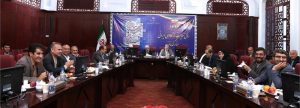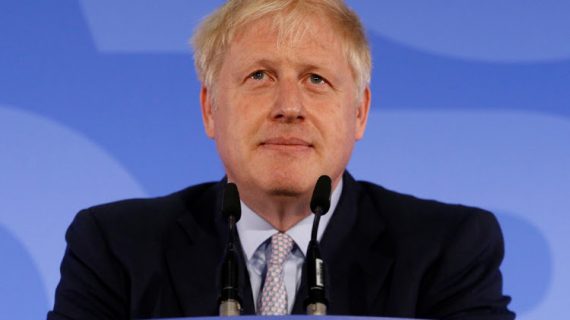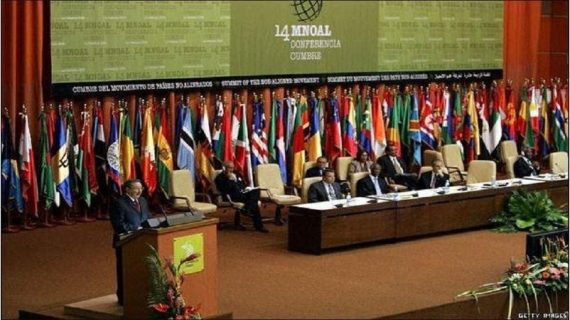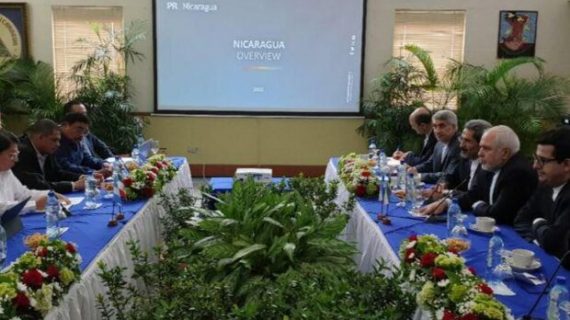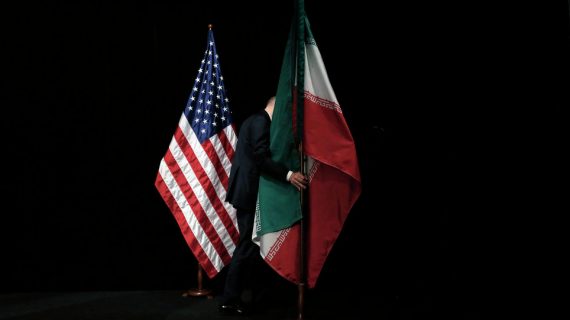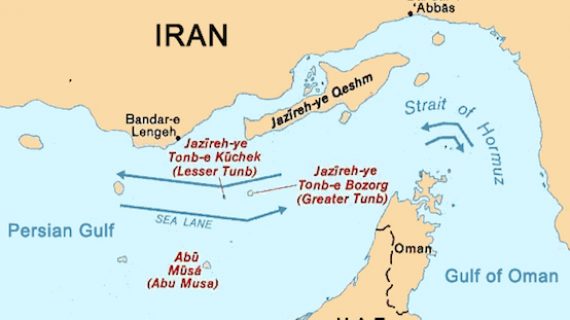Iran: FATF Legislation to Be Finalized by Sept.
It was decided that MPs have active participation in the approval of government bills related to FATF, four of which are being reviewed in the judicial and national security commissions of the parliament
Reported by HPMM Group according to FINANCIAL TRIBUNE ; Asenior lawmaker announced that a pending legislation for implementing Iran’s action plan set by the Financial Action Task Force will be approved by late September.
Mostafa Kavakebian, who is the head of Majlis Diplomacy and National Interests Faction, said Iran’s membership in the intergovernmental anti-money laundering body was among issues discussed during the faction’s meeting with Economy Minister Masoud Karbasian, IBENA reported.
“It was decided that MPs have active participation in the approval of government bills related to FATF, four of which are being reviewed in the judicial and national security commissions of the parliament,” he said.
“These bills concern transnational organized crimes and banking issues, which we hope will be finalized by Sept. 22 with the help of faction members and other lawmakers.”
The bill to join the United Nations Convention Against Transnational Organized Crime (Palermo) was approved by the lawmakers in January, but the bill on Iran’s accession to the International Convention for the Suppression of the Financing of Terrorism has yet to be approved by them.
The parliament is also considering a bill sent by the government to amend the current AML/CFT law. The original bill was ratified by the Majlis and subsequently verified by the Guardians Council–the constitutional and Sharia watchdog–in March 2016 after it was rejected once and revised by the judiciary.
Removal of Obstacles
FATF issued its most recent public statement about Iran in late February, ending months-long speculations about a country it has kept on its blacklist for almost a decade.
The Paris-based body, which acts as the world’s financial watchdog, decided for a third time to suspend its countermeasures against Iran that is gradually and steadily implementing an action plan devised by the body in 2016.
As the body recalled in its statement in June 2016, FATF welcomed Iran’s high-level political commitment to address its strategic AML/CFT deficiencies and its decision to seek technical assistance in the implementation of its action plan.
“In view of Iran’s political commitment and the relevant steps it has taken, FATF decided in November 2017 to continue the suspension of counter-measures,” the FATF statement said.
The body also specifically mentioned what it wants Iran to address. It required Iran to “adequately criminalize terrorist financing, including by removing the exemption for designated groups attempting to end foreign occupation, colonialism and racism.
It also went on to recommend identifying and freezing terrorist assets in line with the relevant United Nations Security Council resolutions.
Kavakebian acknowledged that Iran’s issues with FATF have proved to be a roadblock in Iran’s economic relations with the outside world, therefore the Iranian government and parliament should seriously deal with this issue.
This subject was also raised during my meetings with the British ambassador in Iran and its former foreign secretary, Jack Straw.
In separate remarks, Karbasian also weighed in on the issue, hoping that the related bills would soon be discussed in the open session of the parliament so that the country could become a member of FATF.
After FATF’s statement in February, the Economy Ministry welcomed the fact that despite “heavy lobbying by the US and its regional allies” ahead of the meeting, they did not reinstate countermeasures before 2016 and considered the verdict as “a victory” for the government’s diplomacy.
However, the government has said on many occasions that in view of all the measures taken by the country so far, it deserved a complete removal from the blacklist.
The ministry has hoped that Iran will have a normal status with FATF come June, when the body will again convene to issue its verdict on the Middle Eastern country.

